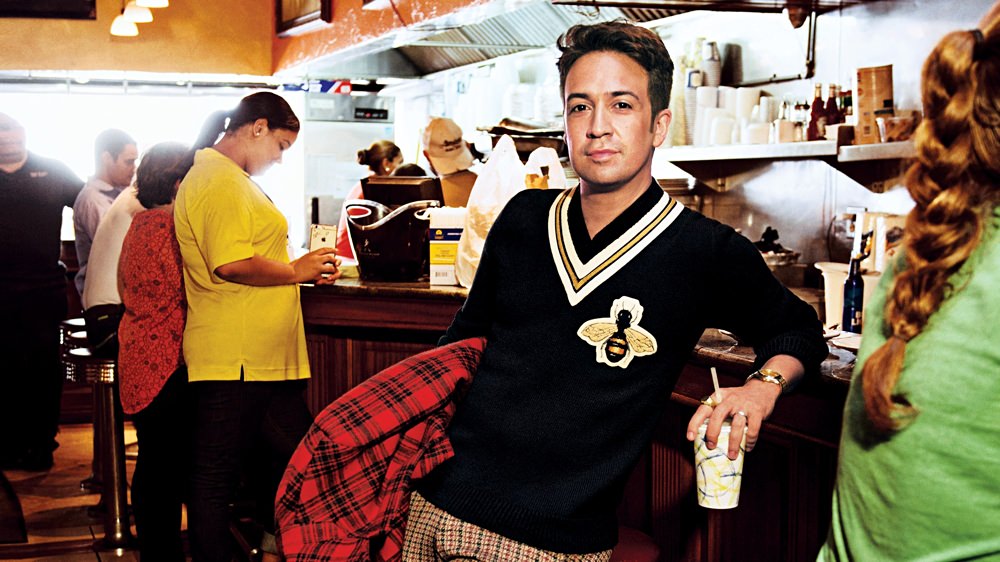Get Out of Debt
Conquer your finances and get rid of unnecessary stress with these five simple strategies.

It's fair to say that Lin-Manuel Miranda knows a little something about money. Besides portraying America's first Treasury Secretary, Miranda personally made at least $6.4 million during the first year of his hit musical Hamilton's run on Broadway, according to the New York Times. And his bank account will only continue to swell as the show continues a sold-out run in New York and touring shows open across the US and Europe.
But he wasn't always so financially savvy. Earlier in his career, Miranda made a financial mistake that many people in their 20s and 30s are still making today. In an interview with Morgan Stanley, the acclaimed author and actor admitted that when he was starting out, he was so afraid of taking on debt that he didn't get his first credit card until he was 28.
"There is so much I wish I knew about money when I was first starting out my adult life, but in particular, the importance of building good credit," he said. "As a result, even though I had enough money in the bank, I didn't have sufficient credit history to purchase my first apartment." Thankfully, his father could help by co-signing on his mortgage.
Miranda's experience highlights a unique paradox young people face when looking to access loans: It often takes credit to get credit. They key is building good credit, which will help in a myriad of ways throughout your life. They easiest way to get yourself a solid credit history? Regularly using a credit card, since the monthly loan payments are tracked on a consumer's credit report.


“
To educate yourself about personal finance is to empower yourself with the resources and tools needed to help you achieve your goals."
But like Miranda, many young people are nervous about taking on too much debt and aren't carrying much plastic these days. Some 49 percent of millennials said they do not have a credit card, according to a CreditCards.com survey. But as long as you responsibly maintain your card—paying your bill on time, every month and maintaining a low balance to keep your available credit high and interest charges low—you'll have a high (and desirable) credit score.
One of the most well-known types of credit score are FICO Scores, created by the Fair Isaac Corporation. Get yours at MyFico.com.
20% of applicants
18% of applicants
22% of applicants
20% of applicants
17% of applicants